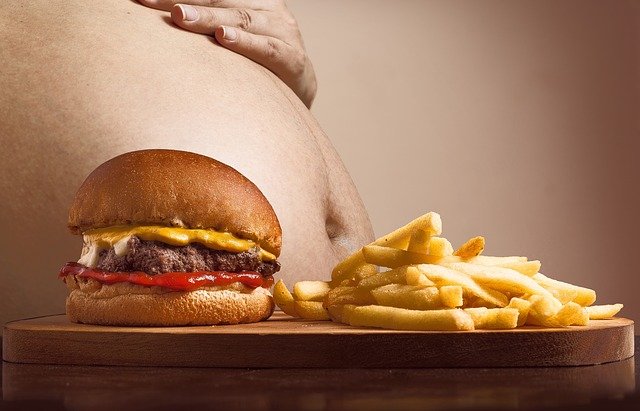
Body weight in the normal range is important a healthy lifestyle.
It is known that we gain weight when we consume more calories than we can burn, and we lose weight when we burn more energy than we consume.
But weight loss and weight gain processes are different for each person. Research has shown that gut bacteria play a big role in it.
One recent study shows that people who have a stable weight over a long time have a larger number of different types of microbes in their guts.
These people also eat more dietary fiber and have a higher abundance of certain types of gut microbes.
Research on mice also has shown that mice who were put on a yo-yo diet slowly gained weight compared with mice on a steady diet.
One of the effects seen in the mice that were put on the yo-yo diet was a decrease in their gut microbiome diversity.
The findings are published in the International Journal of Obesity.
In humans, comparing microbes in the gut in obese and thin individuals, scientists have shown that lean people have many more species of intestinal bacteria than obese people.
In another recent study from the University of Nottingham, researches examined data of 1,632 women from the UK, all of them were twins.
The participants had their body weight measured several years ago and they answered questions about the amounts and types of foods that they ate.
The team called them again nine years later and measured their weight and tested their poo sample to check their gut bacteria.
The team found that most of the women gained weight over the nine years, but this was not fully explained by the number of calories in their diet when the study began.
Because they are twins, it was also possible to calculate how much of the weight gain can be explained by genes.
The researchers found that only 41% of the change in weight was explained by genes.
Women who ate high amounts of dietary fiber (found in fruit, vegetables, and whole grains) were less likely to gain weight than those who ate little fiber.
Moreover, women who lost weight or had stable weight also had more diverse microbes in their guts.
Most of these microbes had already been discovered in mice to be involved in better energy metabolism.
The research confirms that the findings in mice about how microbes affect weight gain are also relevant in humans.
It is possible that keeping the gut healthy with probiotics and dietary fiber could help control body weight. More scientific research is needed in the future.
This study is published in the International Journal of Obesity.
Copyright © 2019 Knowridge Science Report. All rights reserved.



